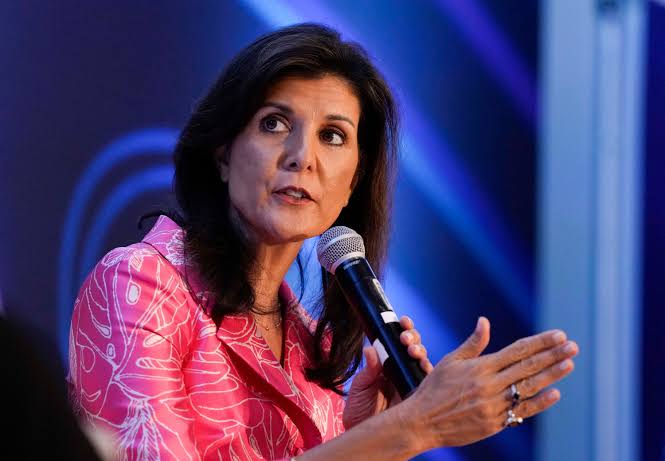
USCIS officers will examine whether applicants have “endorsed, promoted” views of terrorist organisations or ideologies that are anti-American.
The United States might deny you a visa if they get hints of you being “anti-American”, as suggested by a recent policy announcement by the US Citizenship and Immigration Services (USCIS) which says that activities considered against the country “will be an overwhelmingly negative factor in any discretionary analysis”.
The recent policy announcement by the USCIS means that anyone applying for a visa – whether a student visa, work visa, green card, or US citizenship – could have their application denied if the adjudicating officer believes the applicant does not hold pro-American views.
What the policy announcement says
“America’s benefits should not be given to those who despise the country and promote anti-American ideologies. U.S. Citizenship and Immigration Services is committed to implementing policies and procedures that root out anti-Americanism and supporting the enforcement of rigorous screening and vetting measures to the fullest extent possible,” a news release on the USCIS website quotes spokesman Matthew Tragesser.
“Immigration benefits—including to live and work in the United States—remain a privilege, not a right,” Tragesser said.
According to this policy, USCIS officers will examine whether applicants have “endorsed, promoted, supported, or otherwise espoused” views of terrorist organisations or ideologies that are anti-American, antisemitic, or connected to antisemitic terrorism.
This latest move is part of a series of policy changes under the Trump administration.
USCIS announced in April that it would monitor social media accounts of international students and others applying for green cards or work visas. Applicants perceived as antisemitic would be denied visas – including those applying for H-1B visas linked to educational institutions.
Then, in another move in mid-June, USCIS announced that visa interviews for F-visa and M-visa holders (international students), and J-visa applicants (exchange visitors), would resume, however, applicants were instructed to ensure their social media accounts are public, not private.
USCIS, most recently, also revised its definition of “good moral character,” a key requirement for US citizenship. Officials will now assess an applicant’s overall conduct – considering both negative behavior (such as misdemeanors, DUIs, or unpaid taxes) and positive aspects like education and employment history.
Immigration attorneys have raised concerns that immigration benefits, including visas, green cards, and citizenship, are becoming increasingly subjective, with much depending on the individual officer’s discretion.
New York-based immigration attorney Cyrus D Mehta slammed the ambiguity in the policy, asking how does the USCIS define ‘anti-American’.
“Being critical of the Trump administration or for that matter any administration should not be deemed as anti-American. Indeed, it should be considered a virtuous activity to be critical of America or its administration as it is through criticism and dissent that we can reflect on all points of view, self correct, grow and evolve,” he wrote on X
Another immigration attorney took to social media with sarcasm, stating, “USCIS to deny green cards, if applicants don’t clap loud enough for the national anthem; The Trump Administration has issued a new rule requiring immigrants to pretend they like ranch dressing…”





